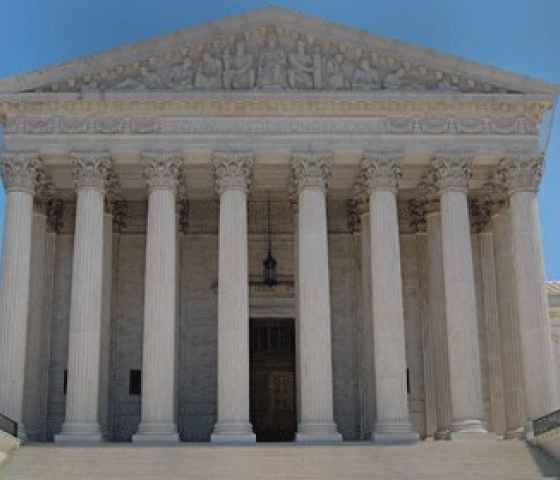Are you chronically ill? Has your Doctor prescribed medical marijuana to treat your condition? Then you may not be welcome in federally subsidized apartment complexes here in New Mexico.
You may have been following this issue recently in the news. The Albuquerque Journal recently reported that Monarch Properties Inc., a private corporation that operates 14,500 multifamily units in New Mexico, Oklahoma and Texas—some of which are federally subsidized through the U.S. Department of Housing and Urban Development (HUD)—sent out letter to all the of the properties it owns or manages in the New Mexico, asking residents to sign lease attachments saying that they will not use or grow medical marijuana in their homes.
The Albuquerque Journal reported that this pronouncement would affect residents of the 86 rental apartment complexes in 27 cities throughout the state that Monarch owns or operates.
So where did this come from? Did the good people at Monarch Properties just wake up one morning and decide that chronically ill people in government assisted housing didn’t have enough on their plate already? Here’s what Monarch’s attorney said:
"Marijuana is a controlled substance, and therefore possession, use or cultivation of the same is illegal pursuant to the Federal Controlled Substances law. Monarch manages a number of properties that are involved in federal housing programs that receive either federal subsidies, financing or other support," Tucker wrote. "Participation in those programs mandates compliance with federal law as well as other federal housing regulations and guidelines."Unfortunately, Monarch interpreted the HUD memo to mean that they are required to evict medical marijuana patients who medicate or grow in govt. subsidized housing. This interpretation is false.
The federal agencies involved "have sent memoranda concerning medical marijuana, and the pre-emption of state medical marijuana laws by the Federal Controlled Substances Act and other Federal law," Tucker wrote. "Monarch has adopted a policy and developed a lease addendum based upon those memoranda that specifically deals with medical marijuana."
Here’s what Daniel Korobkin and Michael Steinberg—attorneys at the ACLU of Michigan—wrote in response to a similar issue in their state:
“It is a common misperception among landlords of federally assisted housing that they are required to evict tenants who violate federal drug laws. In fact, termination of a lease due to drug use is entirely discretionary under federal law…federal law gives landlords complete discretion over drug-related evictions. In other words, a landlord or property manager who exercises her discretion not to evict a medical marijuana patient will face no fine, loss of funding, or any other penalty.”Thankfully, the great deal of negative press attention Monarch received on this issue prompted them to use their discretion as permitted under federal law. Last week Monarch released a statement rescinding the notice to non-federally assisted tenants and stated that they would consider federally assisted tenants with medical marijuana prescriptions on a case-by-case basis.
While we welcome this small victory of reason and compassion, it still begs the question: why did this have to be an issue in the first place? Why does the federal government feel the need to implement policies that force chronically ill people to choose between treatment for their disease and a roof over their heads?
It appears that federal bureaucrats at HUD feel that they are better qualified to decide this issue than the New Mexico’s elected representatives who passed the NM Compassionate Use Medical Marijuana Act, the licensed doctors who prescribe medical marijuana to their patients, and the patients suffering from debilitating diseases who use medical marijuana to help alleviate chronic pain, nausea, neuromuscular disease symptoms and dangerous weight loss caused by cancer and HIV/AIDS.
This is why a patchwork of medical marijuana laws that vary state-by-state is not a sustainable solution when the federal government continues to perpetuate the lie that marijuana has “a high potential for abuse, no currently accepted medical use…and lack of accepted safety for use.” This claim—a relic of the anti-drug hysteria of the late 20th century—has been so thoroughly debunked by leading medical associations and vast amounts of scientific evidence that it is rendered preposterous.
The federal government must stop pretending that the tens of thousands of medical marijuana patients in the 15 states where it is legal don’t exist. Here in New Mexico we legalized medical marijuana for a very good reason: because it helps sick people to feel better. Low income, chronically ill New Mexicans who can’t find relief in any other medications don’t deserve to be singled out, harassed and perhaps even evicted from the only housing they can afford just because the federal government doesn’t have the courage to do what we here have already done—take a sensible, compassionate approach to marijuana as medicine.

